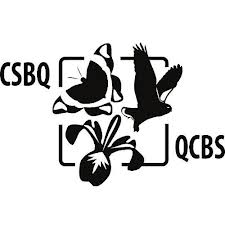Maryse Boisjoly

Project
A test of the trade-up hypothesis of mate choice in multiple guppy populationsThe costs to females associated with polyandry are numerous. However, this mating strategy is very common in nature because mating with multiple males during the same reproductive cycle can also provide multiple benefits. Under such conditions, females can use different strategies to optimize the benefits of mate choice. Among these, the trade-up hypothesis is a model used to predict female mate choice when males are encountered sequentially: specifically, females mate with males of increased quality as they gain experience. These decisions are thought to be based on cues that indicate male quality to females. These cues, however, may well differ between populations as a result of adaptive divergence in response to different selective pressures. In this study, Trinidadian guppies were used to test the trade-up hypothesis and whether trade-up patterns differ among wild populations. Guppies from three populations were used to conduct within-population sequential mate choice trials. Each female was presented sequentially to the same two males on each of two consecutive days. Female responsiveness toward the two males was then compared and related to variation in male traits. Contradictory to previous work, we found no evidence that female guppies trade up with respect to any of the measured male traits, and that patterns of sequential mate choice did not differ between populations. Instead, it seems that females vary dramatically in responsiveness independent of male identity. In fact, time was the only factor that had an effect on female responsiveness. However, it remains possible that only some populations trade up and only under some conditions. Further work should focus on understanding under which circumstances females can trade up.

